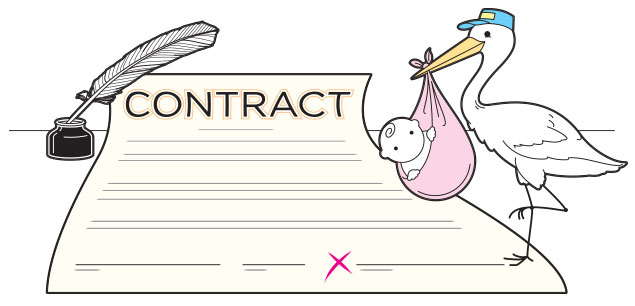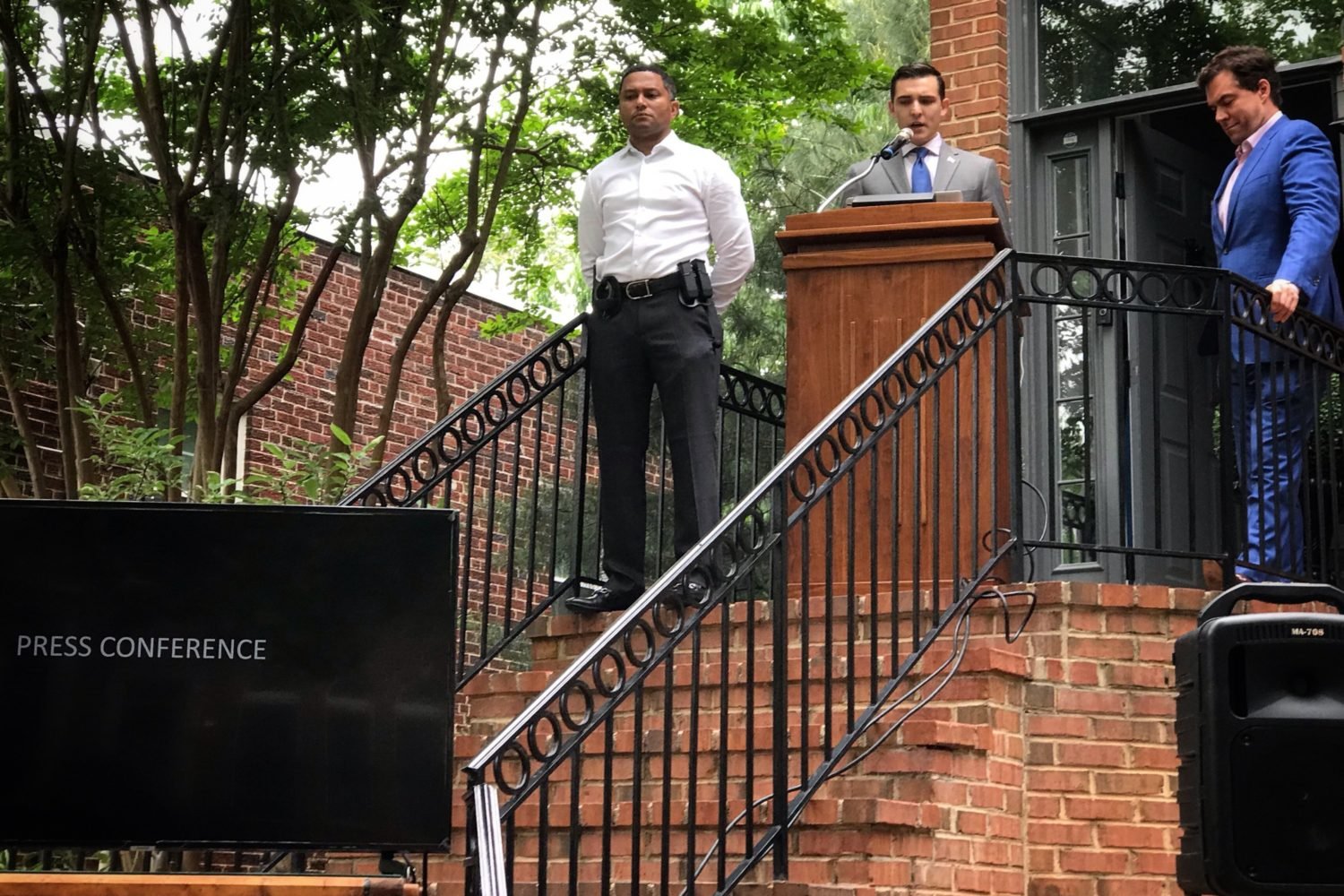Surrogacy agencies aren’t regulated, and it can be hard to distinguish the reputable firms from the scams. In 2011, for example, the FBI busted a baby-selling ring led in part by Hilary Neiman, a Chevy Chase resident who founded Rockville’s now-defunct National Adoption and Surrogacy Center. The leaders of the ring had flown surrogates to the Ukraine for insemination and, when the pregnancies reached the second trimester, offered the babies to prospective parents for more than $100,000 each, according to the FBI.
To avoid these types of scams, experts say you should ask to speak with current and former clients. “If they don’t let you do that, that’s a huge alarm bell,” says Diane Hinson, founder of Creative Family Connections in Chevy Chase. Also ask how many cases they’ve handled. Hinson advises against using firms that have a financial interest in another business entity, such as a particular fertility clinic or insurance company.
Another red flag: any company that says it’s okay for the same attorney to represent both the intended parents and the surrogate. Each should have a separate lawyer. (You can also find a surrogate without using an agency and hire lawyers to handle the contract.)
Before signing on with an agency, you should have a face-to-face meeting, even if by video conference. Ask the agency staff to describe a situation in which a match didn’t turn out well for the intended parents and what the agency did about it. Also ask how they screen surrogates and how often candidates are declined.
Intended parents can pay as much as $100,000 for the entire process when using their own eggs, or up to $130,000 when using an egg donor, depending on the fertility clinic and the number of IVF cycles necessary. On top of the surrogate’s compensation, the cost might include a $20,000 agency fee, at least $15,000 for an IVF transfer, and several thousand dollars’ worth of medical and legal fees, travel, and perhaps lost wages and child-care expenses.
Respected agencies select candidates who are emotionally and financially stable, with at least one spouse gainfully employed. They can’t be on welfare, in the middle of a divorce, or offered so much money that the situation could be considered coercive.
Surrogates are required to have had at least one healthy pregnancy and delivery, and they should be finished having their own children. Most agencies have an age cutoff between 42 and 45.
Agencies should spell out in advance what happens if clients aren’t happy with their surrogate or if they change their minds during fertility treatments, before the pregnancy begins. Reputable agencies should refund the money that the agency and surrogate have not yet earned.
Here are the major agencies in this region:
ARTparenting, 1004 Willowleaf Way, Potomac; 301-217-0074.
Center for Surrogate Parenting, 9 State Cir., Suite 302, Annapolis; 410-990-9860.
Creative Family Connections, 2 Wisconsin Cir., Suite 700, Chevy Chase; 240-235-6006.
Reproductive Possibilities, One Paragon Dr., Suite 160, Montvale, N.J.; 201-505-0078.


















